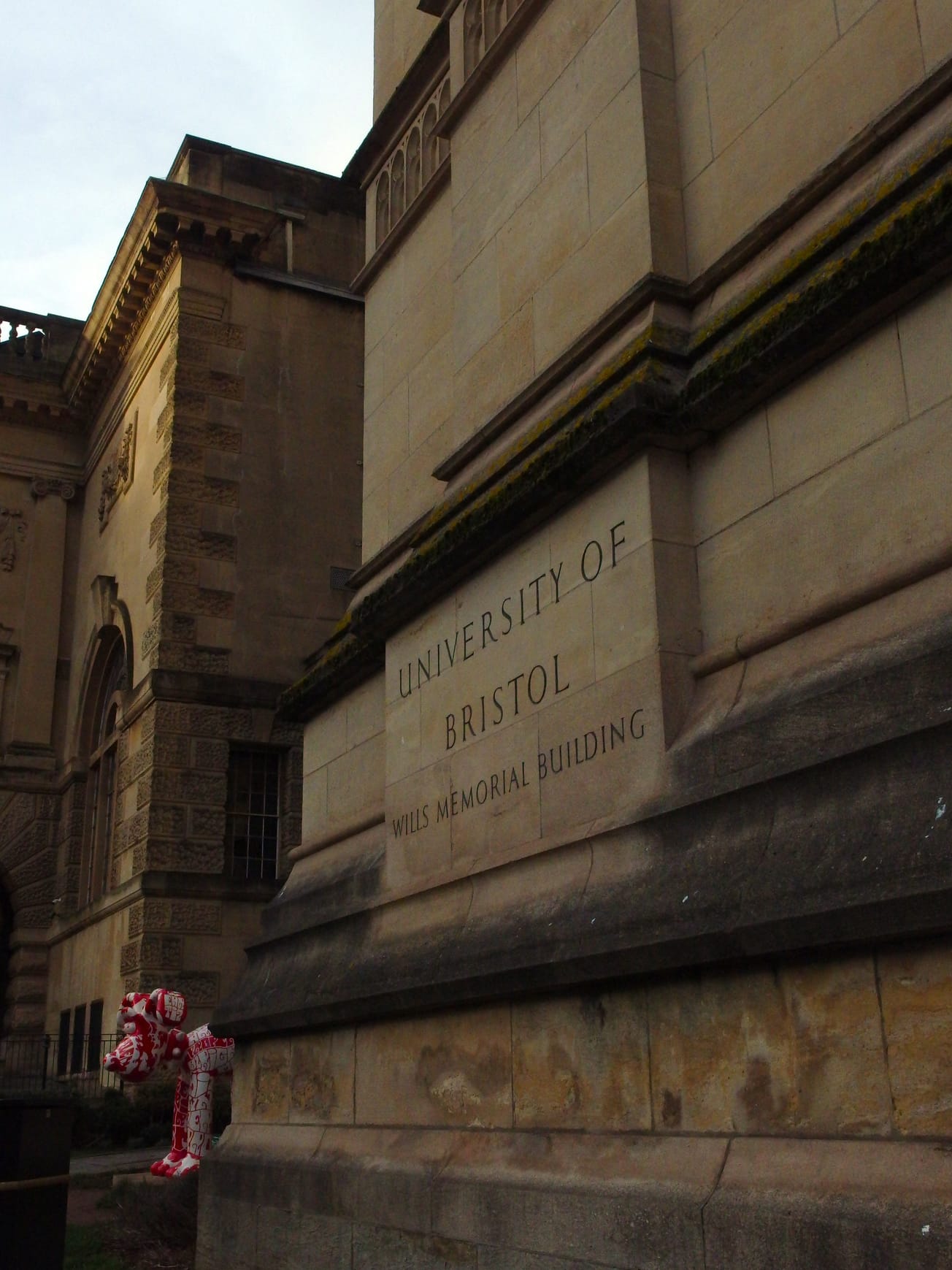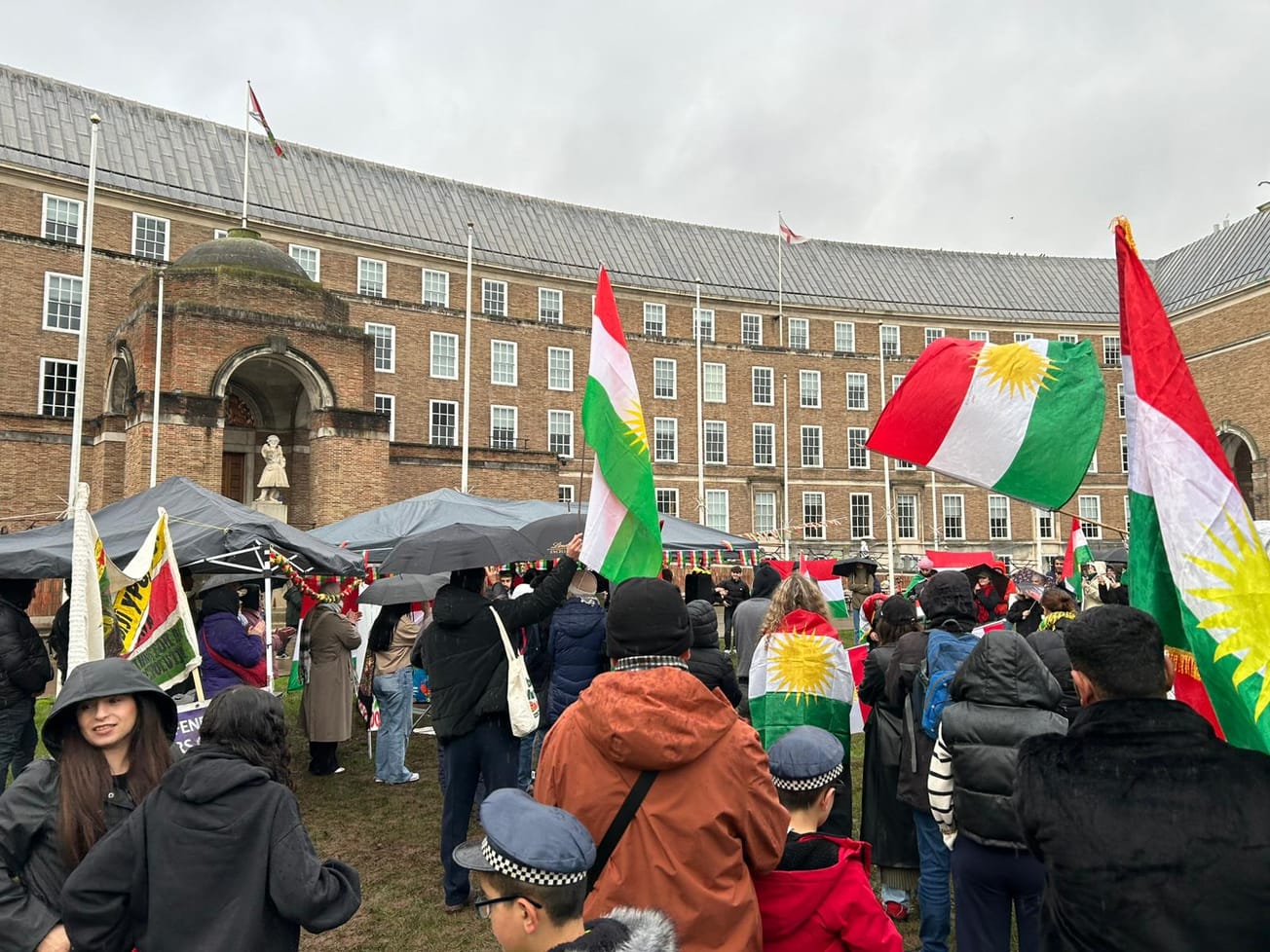By Billy Stockwell, Climate Correspondent
Bristol City Council has approved a £4m Climate and Ecological Emergency Programme designed to reduce the carbon footprint of the city.
The £4m financial boost was given the green light by the Cabinet at a meeting on 3 November.
The programme aims to support both the Council's 2025 carbon neutral goal, through the management of its estates, its capital projects and staff training, as well as the city's wider target of net zero carbon emissions by 2030.
Since 2005, the Council has reduced their direct emissions by 86%, with a 9% reduction from 2018/19 to 2019/20 alone.
A new online platform, the Bristol Climate Hub, will be launched as part of the programme, to provide the community and Bristol businesses with tips on how to reduce their carbon emissions.
The Cabinet Member for Climate, Ecology and Sustainable Growth, Cllr Afzal Shah said: ‘As a council we are proud of the progress we’ve made so far, but we know how important individual actions are in tackling climate change.
‘We all have a part to play in reducing Bristol’s carbon footprint and that's why I would urge everyone to visit the Climate Hub website and help us develop it further.’
We've approved £4m funding for a 3 yr Climate & Ecological Emergency Programme
— Marvin Rees (@MarvinJRees) November 4, 2020
It'll reduce @BristolCouncil's carbon emissions & fund 20 new projects on climate action
Plus, we're launching an online Climate Hub on 13 Nov to inspire community action 👇https://t.co/ut2owOpLfc
Whilst the Council has been making progress towards their own climate targets, research from earlier this year stated that Bristol as a city is not on track to reach its 2030 target, making this multi-million pound funding boost ever more necessary.
Mayor Marvin Rees believes that this new programme is ‘another important milestone’ in the city's efforts to address the climate crisis.
Mayor Rees said: ‘We are proud in Bristol to have led the way in highlighting what we can do to tackle both the climate and ecological crises at a community level.
‘In doing so, we're also supporting our recovery from Covid-19 and embedding a new way of life that means we can build back better together.’
Rees stresses the importance for Bristol's carbon zero transition to be ‘fair and inclusive’ to ensure that no one is ‘left behind’.
‘We all need to come together and the One City collaborative approach can help us to achieve this and make Bristol a fair, healthy and sustainable city.’
Recent research from the Cabot Institute for the Environment at the University of Bristol supports this notion of a just climate transition.
Speaking about the research findings, Dr Ed Atkins says ‘any vision of a sustainable future [must] ensure that decarbonisation strategies are both environmentally good and socially inclusive and just.’
The announcement of the funding from Bristol City Council comes just over a week before the two-year anniversary of Bristol's climate emergency declaration.
Featured Image: Epigram / Lucas Arthur
What do you think of this new funding to address the climate and ecological emergency?








